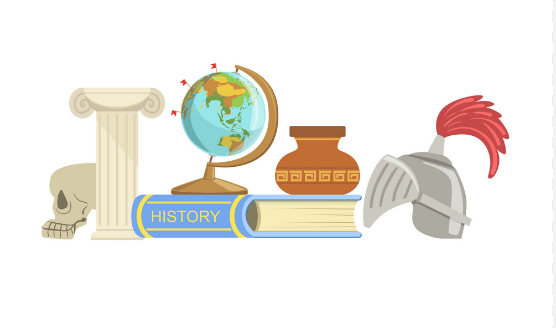
Cultural Influences on Literature
Literature is a dynamic reflection of society, a lens through which we view the complexities of human experience. The narratives, themes, and perspectives found in literature are deeply rooted in the cultural, historical, and societal contexts of their origin. This intricate interplay between culture and literature has led to a rich tapestry of diverse narratives that offer insight into different societies around the world. In this exploration, we uncover how these influences shape the literary landscape and provide us with a deeper understanding of our global heritage.
1. Cultural Identity and Identity Crisis
Literature often mirrors the cultural identity of a society. Authors draw inspiration from the traditions, values, and beliefs of their culture, creating narratives that explore the nuances of identity. These narratives can also delve into the challenges of individuals navigating an evolving cultural landscape and the conflicts between tradition and modernity.
2. Historical Events as Backdrops
Historical events leave an indelible mark on literature. Authors use pivotal moments from history as backdrops for their stories, embedding narratives with the emotions, struggles, and triumphs experienced by societies during those times. Historical novels provide windows into bygone eras, offering readers a chance to witness the past through the eyes of fictional characters.
3. Societal Norms and Expectations
Literature often reflects the societal norms and expectations prevalent at the time of its creation. It can challenge or reinforce these norms, providing a platform to question social constructs and push for change. Through literature, societies explore topics such as gender roles, class divisions, and power dynamics, shedding light on the complexities of social relationships.
4. Regional Diversity and Universality
Cultural influences extend beyond national boundaries. Regional identities, dialects, and traditions contribute to the diverse narratives within a country. At the same time, certain themes and emotions are universal, transcending cultural differences. Literature bridges these dualities, allowing readers to connect with characters and stories that may seem worlds apart.
5. Oral Tradition and Storytelling
In many cultures, literature finds its origins in oral traditions and storytelling. These narratives, passed down through generations, preserve cultural heritage and wisdom. As societies evolve, oral stories may find new life in written form, preserving their essence while adapting to contemporary contexts.
6. Language and Expression
Language serves as a conduit for cultural expression in literature. The nuances of a language can shape the depth and meaning of a narrative, and writers often weave local idioms and phrases into their prose, immersing readers in the cultural fabric of the story’s setting.
7. Influence of Mythology and Folklore
Mythology and folklore play a significant role in shaping literary narratives. These ancient tales, rooted in cultural beliefs, offer themes, archetypes, and symbols that enrich contemporary storytelling. Authors often draw on these sources to infuse their work with depth and resonance.
8. Global Exchange and Hybrid Narratives
In an interconnected world, literature experiences cross-cultural exchanges. Authors from one culture may be influenced by the narratives of another, leading to the emergence of hybrid narratives that blend diverse perspectives and traditions.
Conclusion
Cultural influences on literature are a testament to the power of storytelling as a reflection of society’s collective consciousness. Through diverse narratives, we gain insights into the complexities of different cultures, historical epochs, and societal values. As readers, we embark on journeys that expand our horizons, foster empathy, and bridge the gaps between societies. In this way, cultural influences on literature becomes a universal language that celebrates our shared humanity while embracing the unique voices of cultures around the world.



